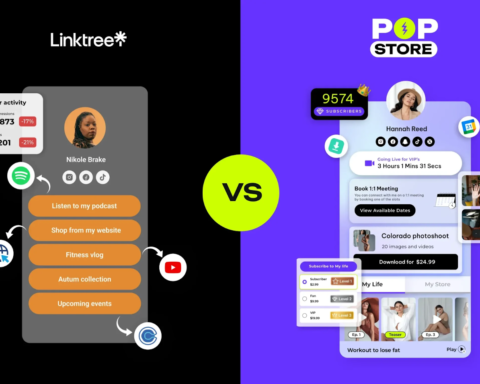Smart doorbell chimes play a significant role in enhancing home energy efficiency by providing advanced monitoring capabilities that allow homeowners to manage visitor interactions, control access, and optimize energy usage more effectively. These innovative devices offer features such as remote monitoring, motion detection, and integration with smart home systems, enabling homeowners to enhance security, reduce energy consumption, and improve overall efficiency in their homes. Understanding the impact of smart doorbell chime on home energy efficiency, particularly in monitoring visitors, can help homeowners make informed decisions about integrating these devices into their smart home setups. Here are key ways in which smart doorbell chimes impact home energy efficiency while monitoring visitors:
Impact of Smart Doorbell Chimes
1. Remote Monitoring and Control
Energy Conservation: Smart doorbell chimes enable remote monitoring of visitors, allowing homeowners to respond to doorbell alerts and interact with guests without physically being present, thereby reducing unnecessary trips to the door and conserving energy.
2. Motion Detection
Selective Monitoring: Motion detection features in smart doorbell chimes help homeowners focus on monitoring specific areas around the front door, allowing them to conserve energy by activating video feeds or alerts only when motion is detected in the vicinity.
3. Visitor Screening
Efficient Responses: By visually screening visitors through the smart doorbell chime’s video feed, homeowners can decide whether to answer the door, reducing energy consumption associated with unnecessary opening and closing of doors for unknown or unwanted visitors.
4. Package Delivery Management
Efficient Handling: Smart doorbell chimes aid in managing package deliveries by providing alerts when packages are dropped off, enabling homeowners to retrieve deliveries promptly and reduce energy waste associated with multiple delivery attempts or prolonged wait times.
5. Integration with Smart Lighting
Energy-Saving Lighting: Smart doorbell chimes can be integrated with smart lighting systems to illuminate the front door area only when motion is detected or when visitors are approaching, optimizing energy usage and enhancing visibility for guests.
6. Geofencing Technology
Automated Settings: Geofencing capabilities in smart doorbell chimes allow for automated adjustments to energy-saving settings based on the homeowner’s location, ensuring that energy-efficient modes are activated when the homeowner is away from home.
7. Voice Control Integration
Hands-Free Operation: Integration with voice assistants enables hands-free control of smart doorbell chimes, allowing homeowners to manage visitor interactions, monitor deliveries, and optimize energy usage using voice commands, thereby enhancing convenience and efficiency.
8. Scheduled Monitoring
Timed Monitoring: Smart doorbell chimes can be programmed to monitor visitor activity at specific times or intervals, enabling homeowners to conserve energy by activating monitoring features only when needed, such as during peak visitor hours or delivery times.
9. Energy Consumption Tracking
Data Insights: Some smart doorbell chimes provide energy consumption tracking and analytics, allowing homeowners to monitor the energy usage associated with visitor interactions, doorbell alerts, and video monitoring, facilitating informed decisions on energy-saving strategies.
10. Smart Lock Integration
Efficient Access Control: Integration with smart locks allows homeowners to remotely grant access to visitors or delivery personnel, reducing the need for unnecessary trips to the door and optimizing energy efficiency by minimizing door openings and closings. Smart doorbell chimes can be integrated with smart thermostats or climate control systems to adjust temperature settings based on visitor activity, optimizing energy efficiency by aligning heating or cooling requirements with door traffic patterns.
Conclusion
Selective Notifications: By customizing alert settings, homeowners can receive notifications only for specific visitor activities or motion events, helping to conserve energy by minimizing unnecessary alerts and reducing the frequency of doorbell interactions.








